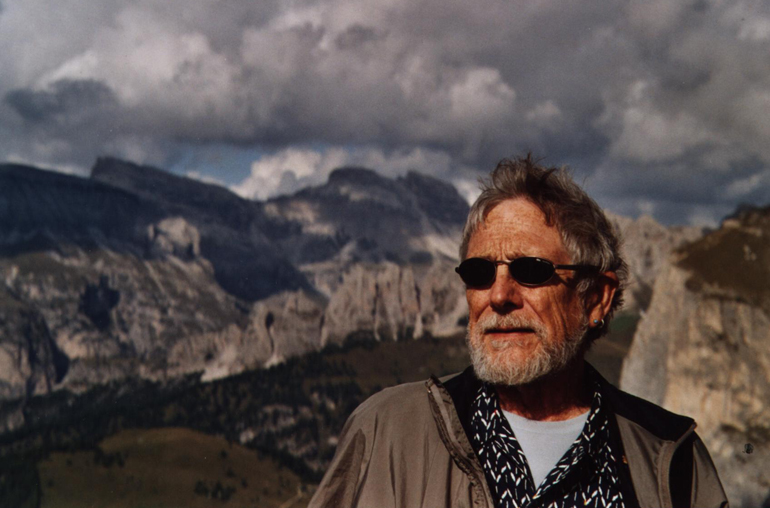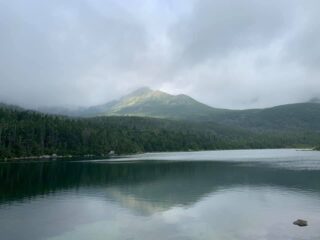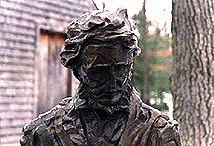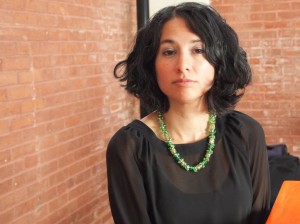 Mid-March was the beginning of a false-Spring in Boston, Massachusetts. The sunshine was warm and the breezes didn’t bite, but when the sun went down the trees shook, the yards flooded, and the streets reflected winter-cold light. Following the worst of the storm, poet Gary Snyder came out from California to warm our hearts.
Mid-March was the beginning of a false-Spring in Boston, Massachusetts. The sunshine was warm and the breezes didn’t bite, but when the sun went down the trees shook, the yards flooded, and the streets reflected winter-cold light. Following the worst of the storm, poet Gary Snyder came out from California to warm our hearts.
As the recipient of the 10th Annual Robert Creeley Award, Snyder graciously accepted an emotional introduction by Penelope Creeley. As he did, he slowly laid his hands flat on the podium and took a moment to stare into his audience. I was ashamed of the bright fluorescence of the high school auditorium. I was also disappointing by his small stature. But when he began to speak, my heart soared: he was a mountain.
Snyder read some of Creeley’s poems and even granted his interpretation of one. Snyder reading his own work was extraordinary to witness, as the genuine hippies around me rocked their heads in an odd caustic yet welcome remembrance. No one needed much prodding to laugh at or relish in Snyder’s stories, but he offered plenty; loose rocks of inflection and emphasis made slip the truly funny, evocative moments. But the tender chuckle that emitted from Snyder’s shoulders was so spirited, the forced-nature of old jokes quickly eased and then came to a stop altogether when Snyder finished the hour reading with his latest poems.
He interrupted himself to share anecdotes about a temple in Japan and a novice monk. He talked about haiku, and that he doesn’t really write them. Structure like that he supposed, isn’t built into the American poet. An important contribution to New American Poetry, Snyder’s work often sounds like a strand of Native American storytelling strung with Eastern mediation chimes.
Snyder grew up on the West Coast on farm land, and learned how to appreciate nuances in nature. He expanded upon experience by reading Eastern philosophy. In his twenties, he did one better, and moved to Japan…to fall-in-love and to ‘Listen to the Wind,’ as his dharma name denotes. By the time he moved back to California, he had built a foundation for artists, philosophers and politicians to climb up from.
It’s clear Buddhism and a sound environmental philosophy prepared Snyder for the “here and now.” And in this place, if only for an hour, busy people sit and listen to stories of trees and rivers, animals and mountains, beards and braids. As Snyder wrote in the poem “Civilization,” though, “Those are the people who do complicated things.”




